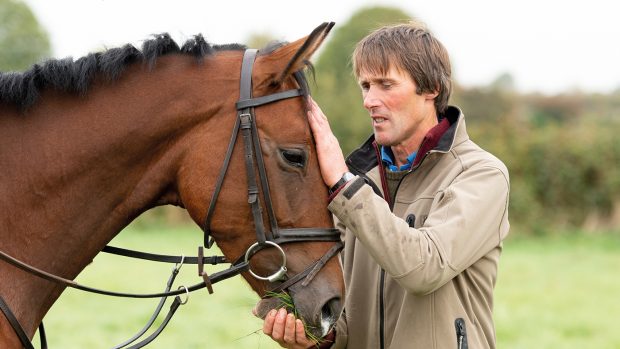A Kent horse dealer who conned clients into buying horses that had health or behavioural issues was jailed at Maidstone Court earlier this week (15 March).
Karen Ruston had pleaded guilty to 11 offences under the Consumer Protection from Unfair Trading Regulations 2008 and two offences under the Horse Passport Regulations 2009 in a case bought by Kent County Council Trading Standards.
She was sentenced to six months in prison and ordered to forfeit her £6,000 savings as compensation.
Ms Ruston of Maplehurst Close, Dartford had advertised various horses for sale nationally between November 2013 and October 2014.
The horses were described in the advertisements as being of “wonderful character” having “absolutely no health issues” or as having been a “family friend for five years.”
Ms Ruston used alias names, various contact details and purported to be a private seller, when she was not.
Prospective buyers were asked to meet her at a pub in Ash Road, Sevenoaks and then follow her to the stables. Horse transporters were directed to the same pub where the horses were brought to them or a Dartford address.
Buyers coming forward to give evidence at the case said the horses they bought soon developed health issues, which needed costly veterinary treatment.
One was told she could return a horse within a month if it was not suitable, but when she tried to contact the seller, now known to be Ms Rushton, she couldn’t get any reply.
Another bought a horse for Mrs Ruston for £4,950 that had been purchased just days before for £650. The buyer subsequently found out the previous seller had disclosed that the horse had the onset of navicular.
Judge Charles Macdonald described Ruston’s offences as “repellent” and an exploitation of people who love horses.
Continued below…
Looking to buy a horse? Read this first
KCC Trading Standards operation manager Clive Phillips thanked the victims in the case for coming forward and providing valuable evidence.
He said: “Ruston purposefully listed her misleading advertisments in a manner that her victims not only believed the falsehoods, but also in a way that any regular consumer would think she was not acting for purposes relating to her business.
“Not only should consumers know who they are dealing with, but they should rightly be able to rely upon claims made to them.
“We advise anyone wanting to purchase a horse to not only research the seller, but also seek to obtain an independent experienced opinion on the health of the horse,” he warned.




